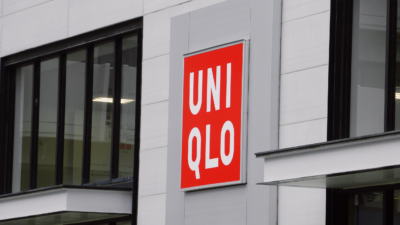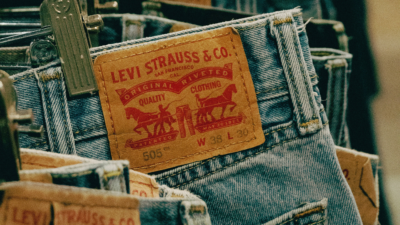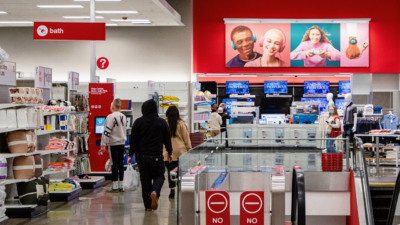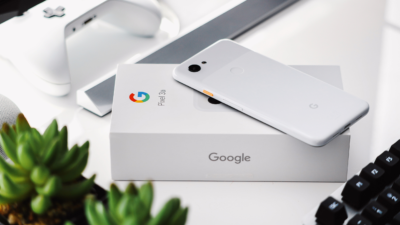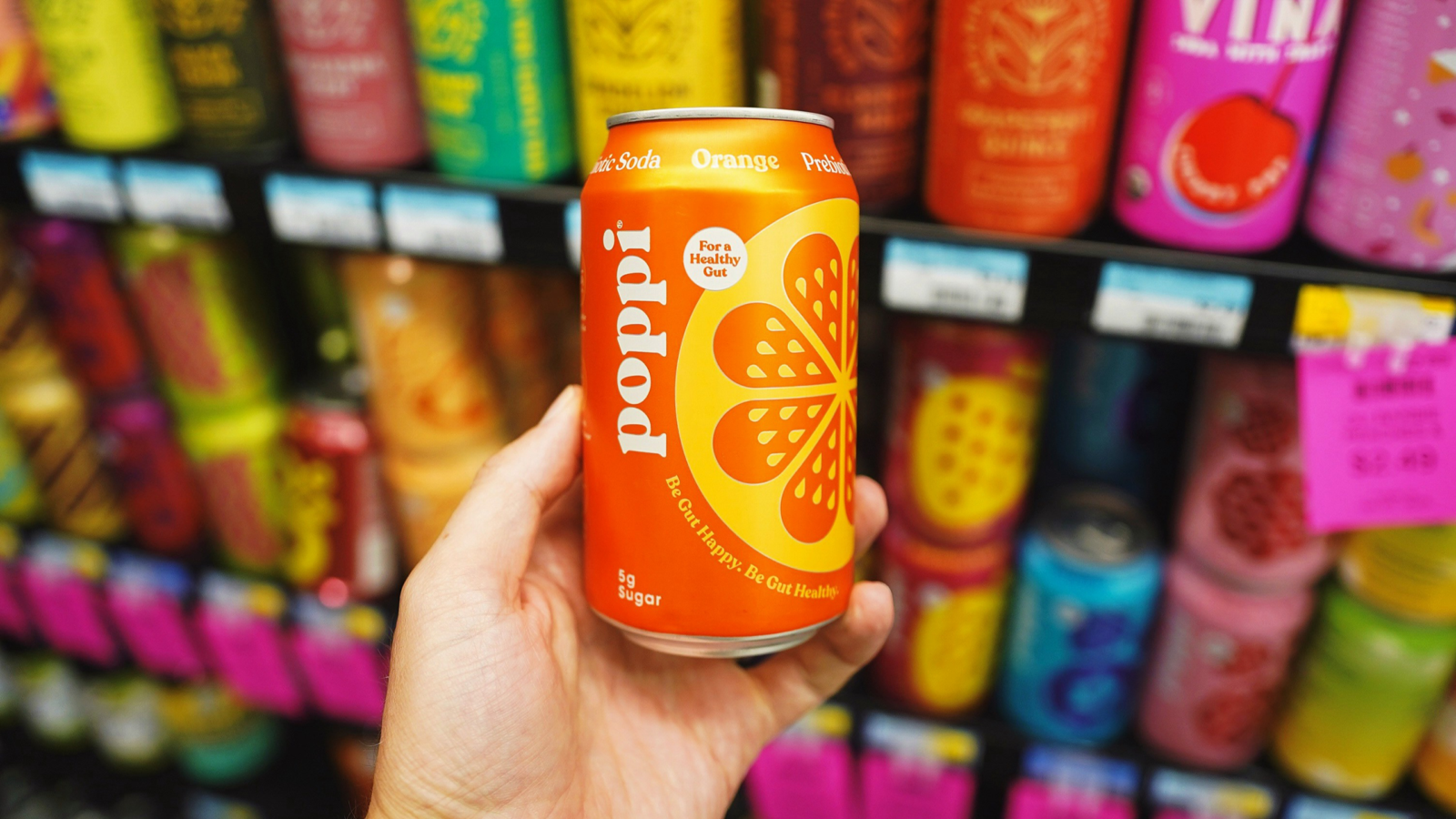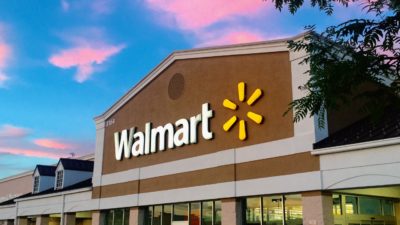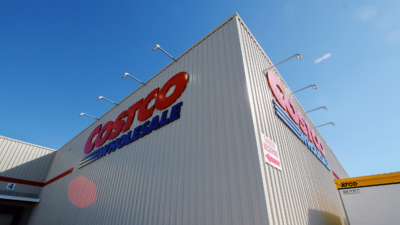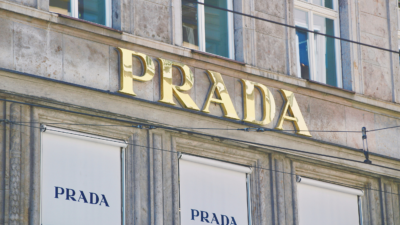Supreme Court Sides with FDA on Blocking Flavored Vapes
The high court’s ruling effectively bans flavored vape products because of concerns that they could appeal to kids.
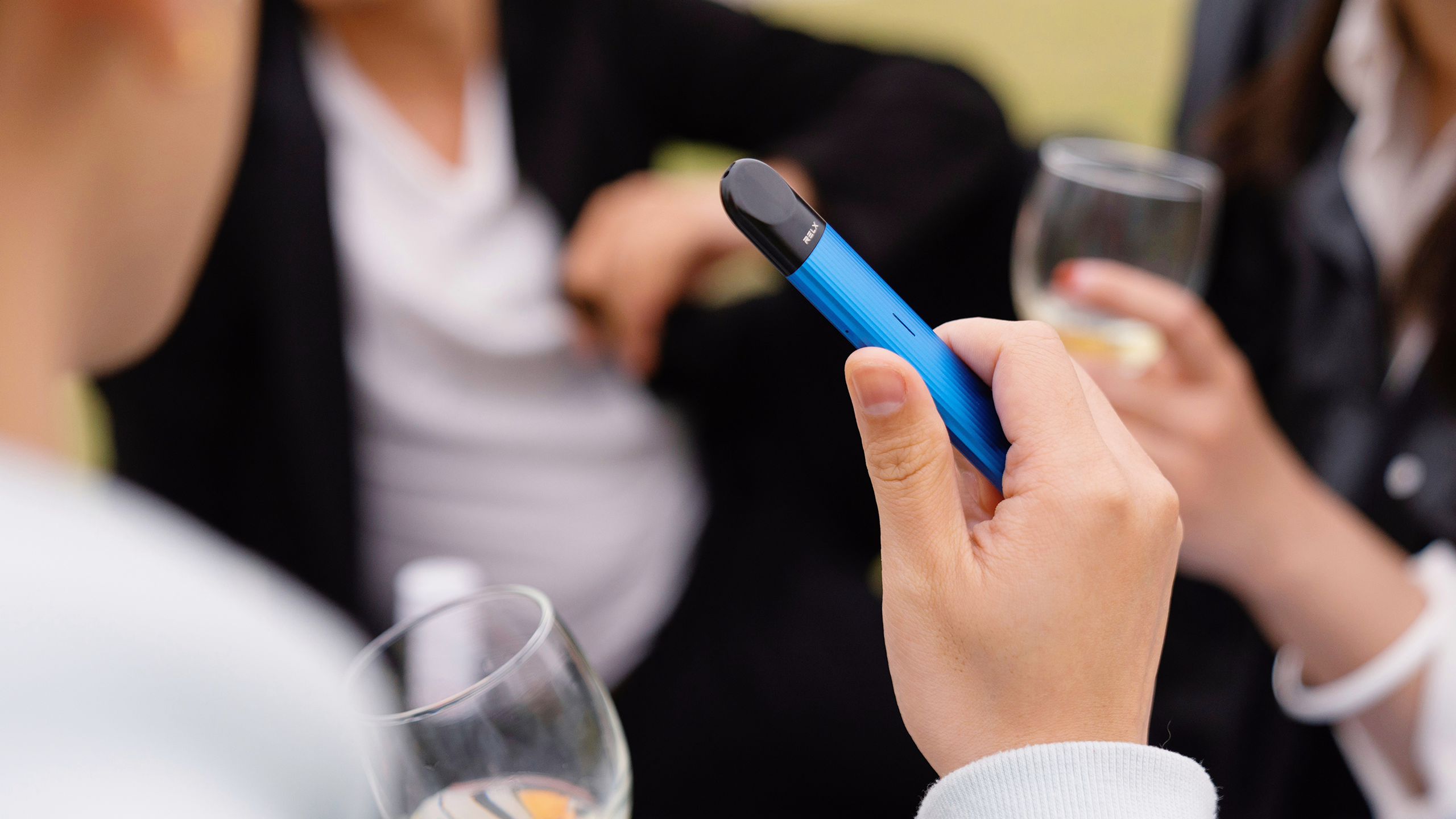
Sign up for smart news, insights, and analysis on the biggest financial stories of the day.
Should vape-makers be allowed to sell e-cigs flavored like pink lemonade, creme brulee, and whatever “Jimmy The Juice Man Strawberry Astronaut” is? The answer from the FDA has been a firm “no,” and it’s now backed up by a unanimous Supreme Court.
Triton and Vapetasia sued the FDA in 2021 after the agency denied the duo permission to market flavored vape liquids (including Jimmy the Juice Man, which is a real variety). Seven federal courts sided with the FDA but one took the companies’ side. The FDA appealed, pushing the case up to the Supreme Court.
The high court’s ruling effectively bans flavored vape products because of concerns that they could appeal to kids. The FDA has only approved 34 e-cig products — all of which are tobacco or menthol flavored.
Rising Vaporwave
Anyone who’s been to a gas station recently may realize there are more e-cigs on the shelves than just the FDA’s roughly three dozen approved products. While the FDA has rejected more than 26 million flavored-vape applications, according to an advocacy group, unauthorized e-cigs with smoothie-like names have flooded the market.
That has met with backlash from Big Tobacco:
- Companies including British American Tobacco and Altria are lobbying the president to snuff out unauthorized vape-sellers, which could be on the hook for civil and criminal penalties.
- Big Tobacco argues that the illegal first-movers are winning market share while rule-followers are stuck waiting on the sidelines.
At the same time, major companies are pivoting away from vapes to focus on the next generation of nicotine. Smoke-free products, including the bestselling nicotine pouch Zyn, now make up about 40% of Marlboro-maker Philip Morris’s revenue.
Smokeless Alarm: The FDA started regulating e-cigs in 2016, a year after Juul’s USB-like devices entered the market — and caused a public panic as teens vaped in high school bathrooms. While regulators made an example of Juul, they can’t seem to keep up with the flood of copycats that came for Juul’s market share as the e-cig company grappled with an FDA ban and about 5,000 lawsuits. Plus, the government is giving Big Tobacco mixed signals: President Trump vowed to save flavored vapes on his Truth Social platform last fall. Smokeless nicotine could be a more surefire bet, especially for Philip Morris: The FDA has approved 20 Zyn products so far in flavors like coffee and cinnamon.


